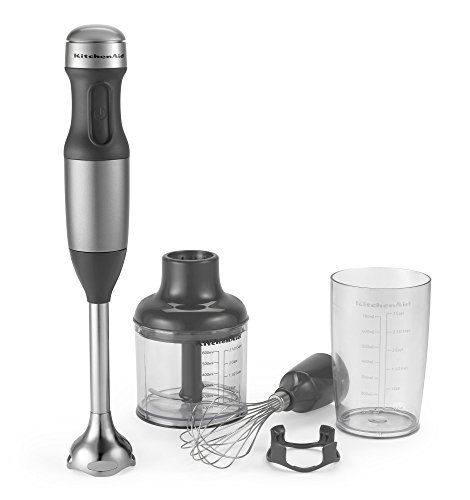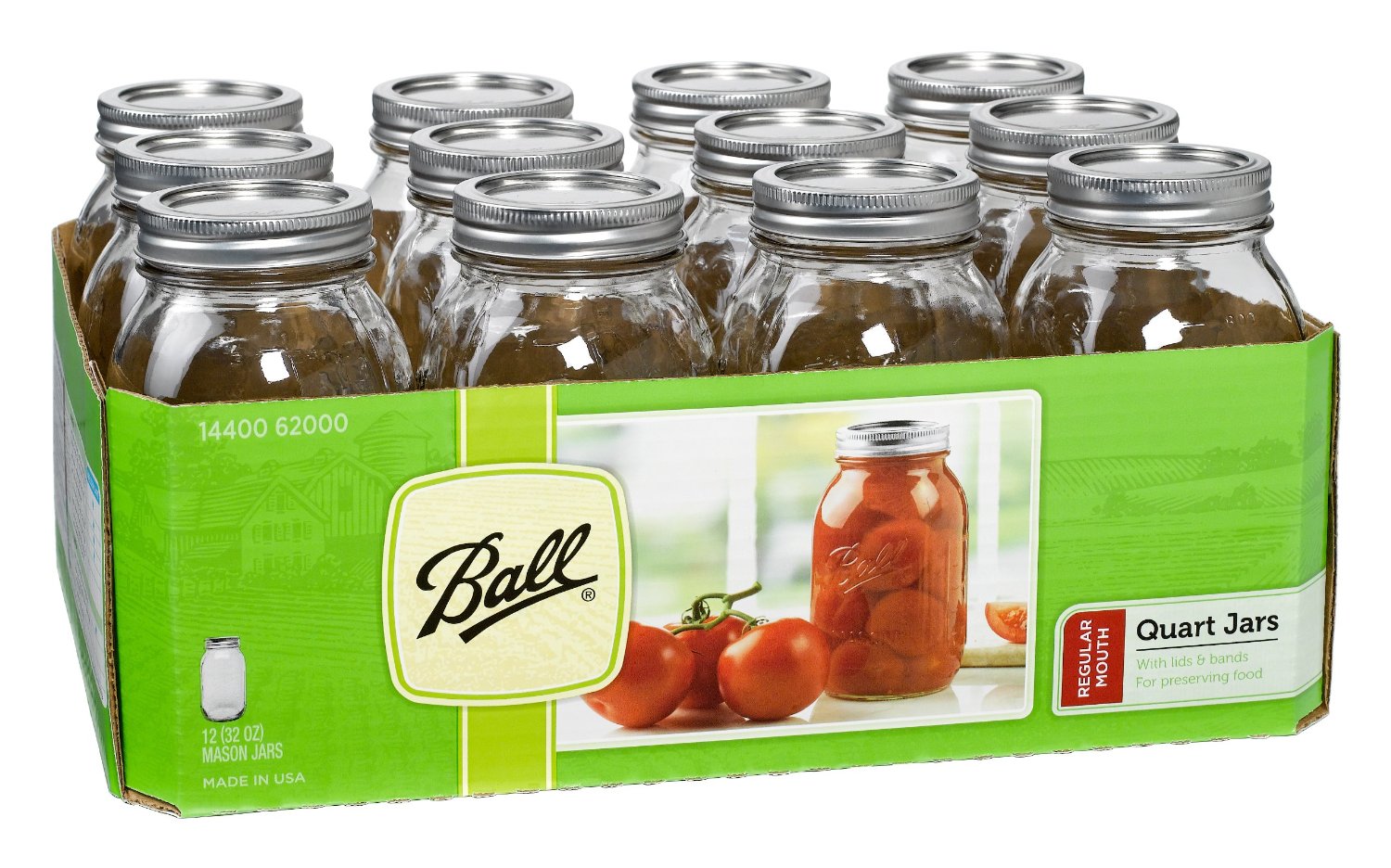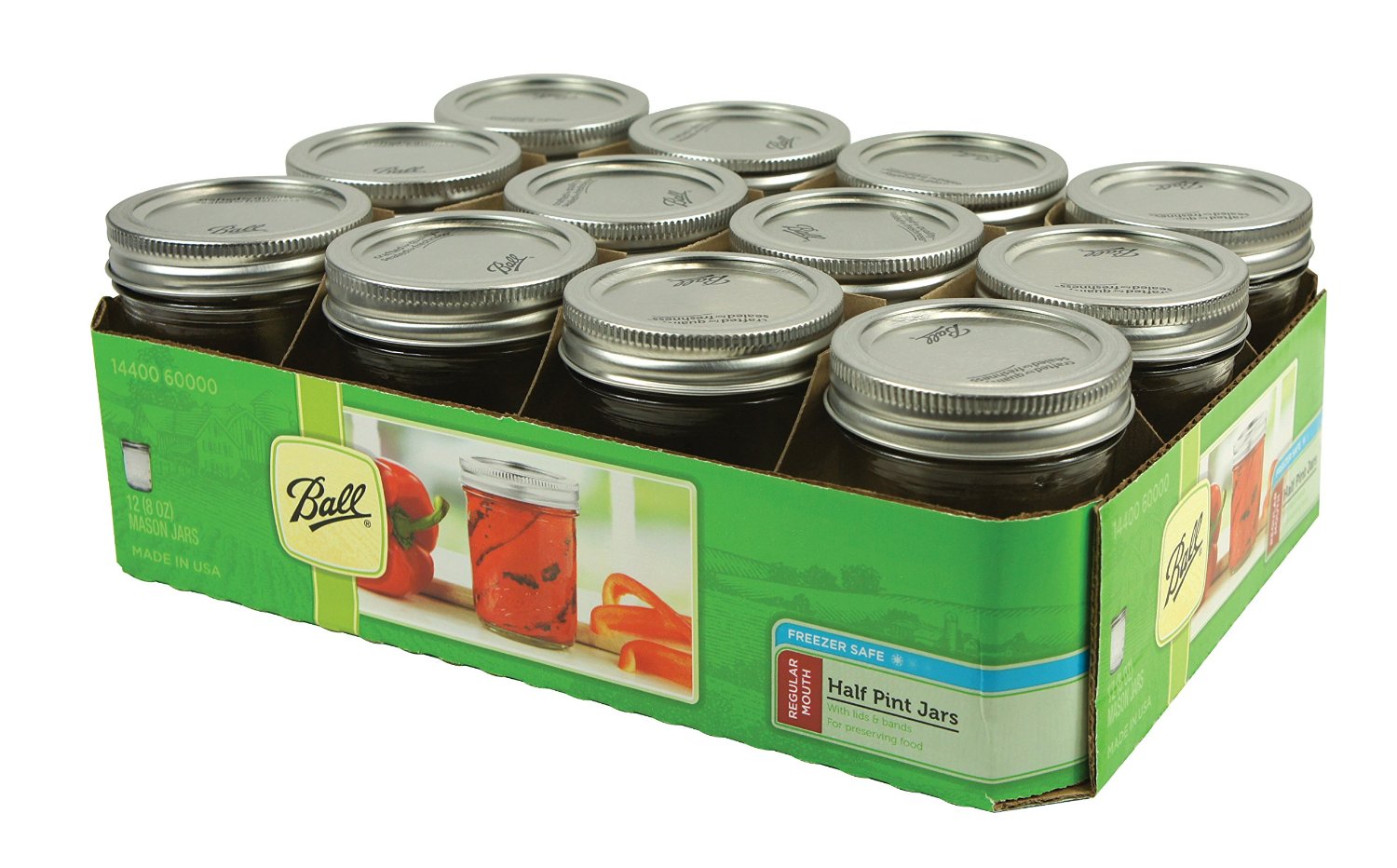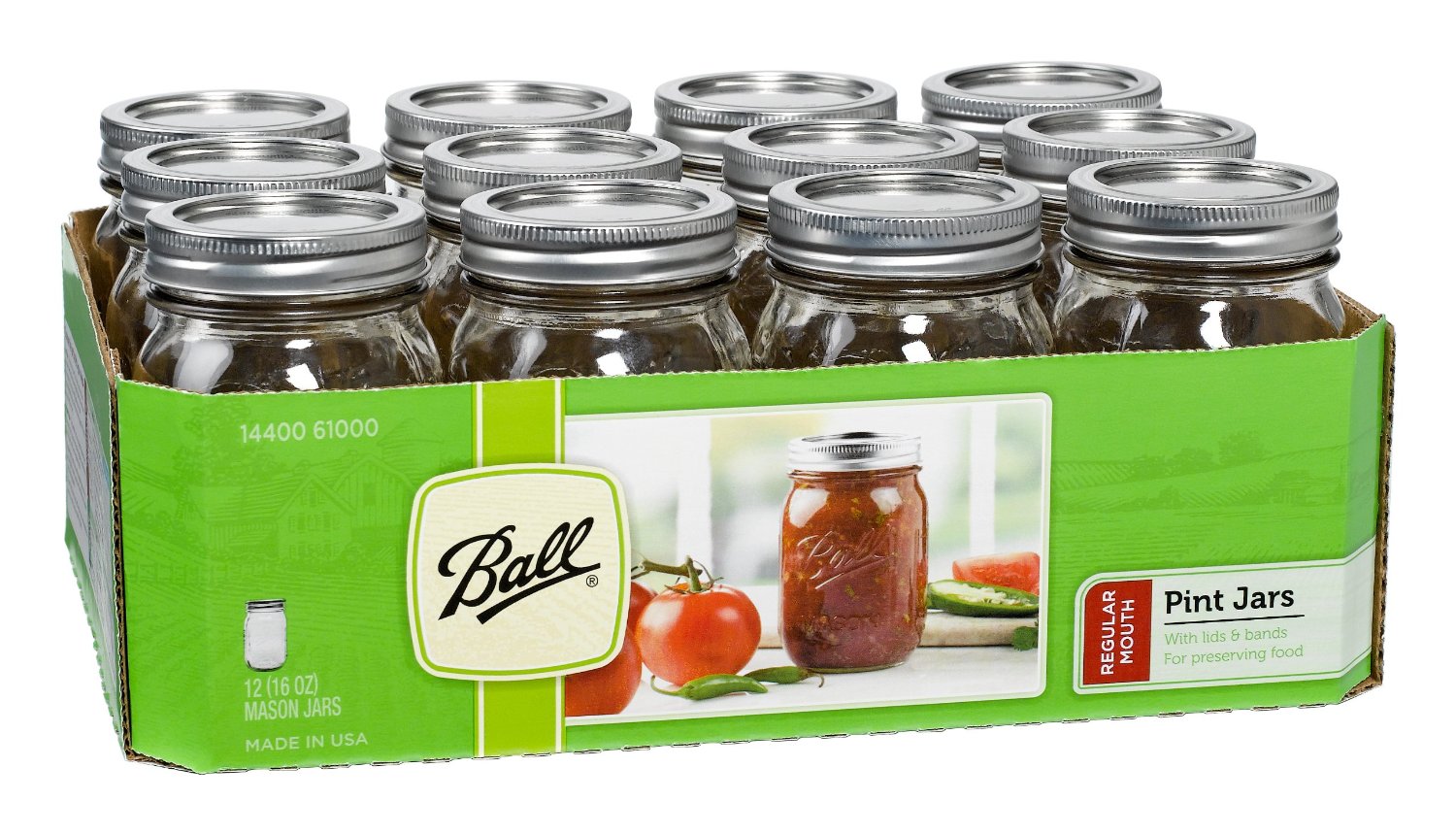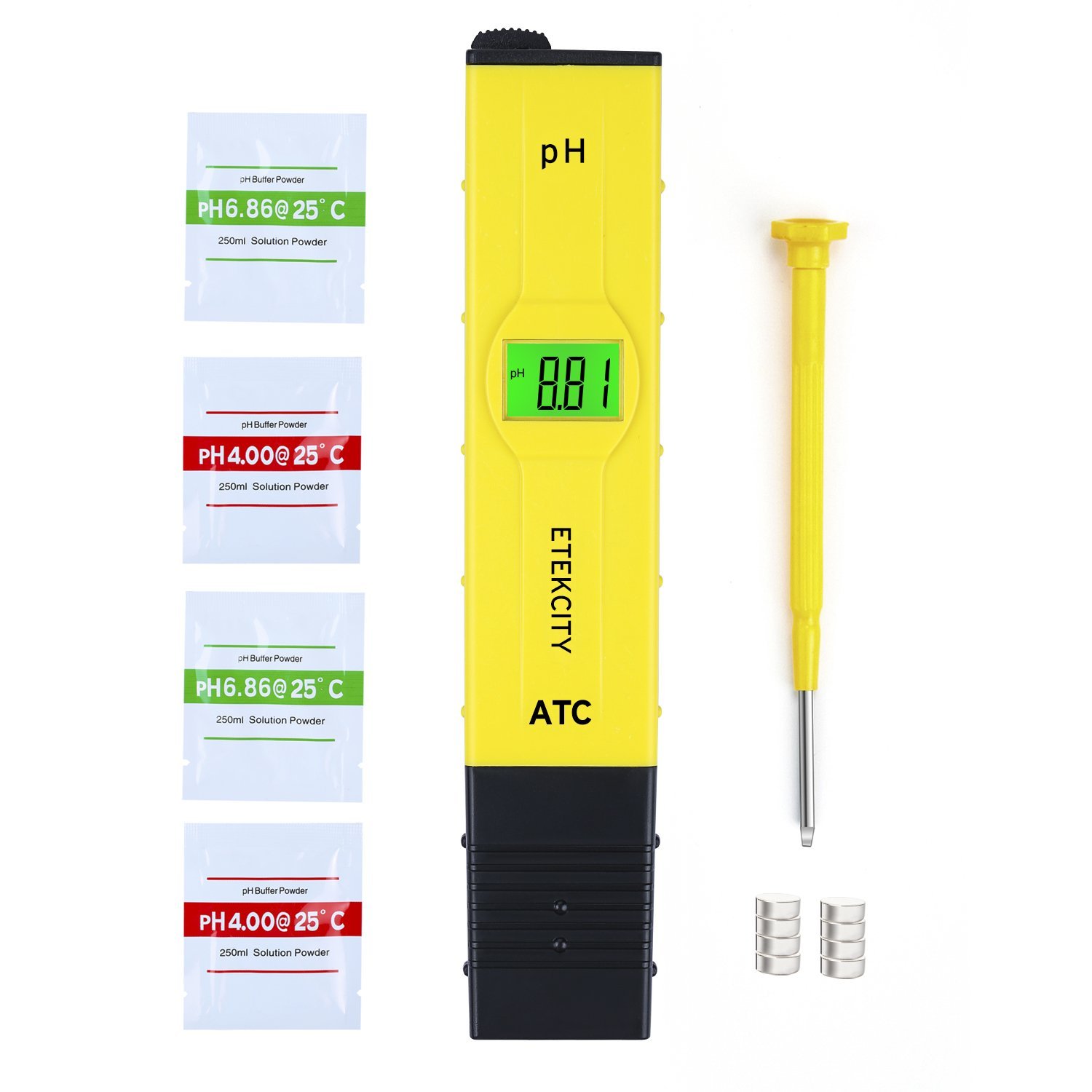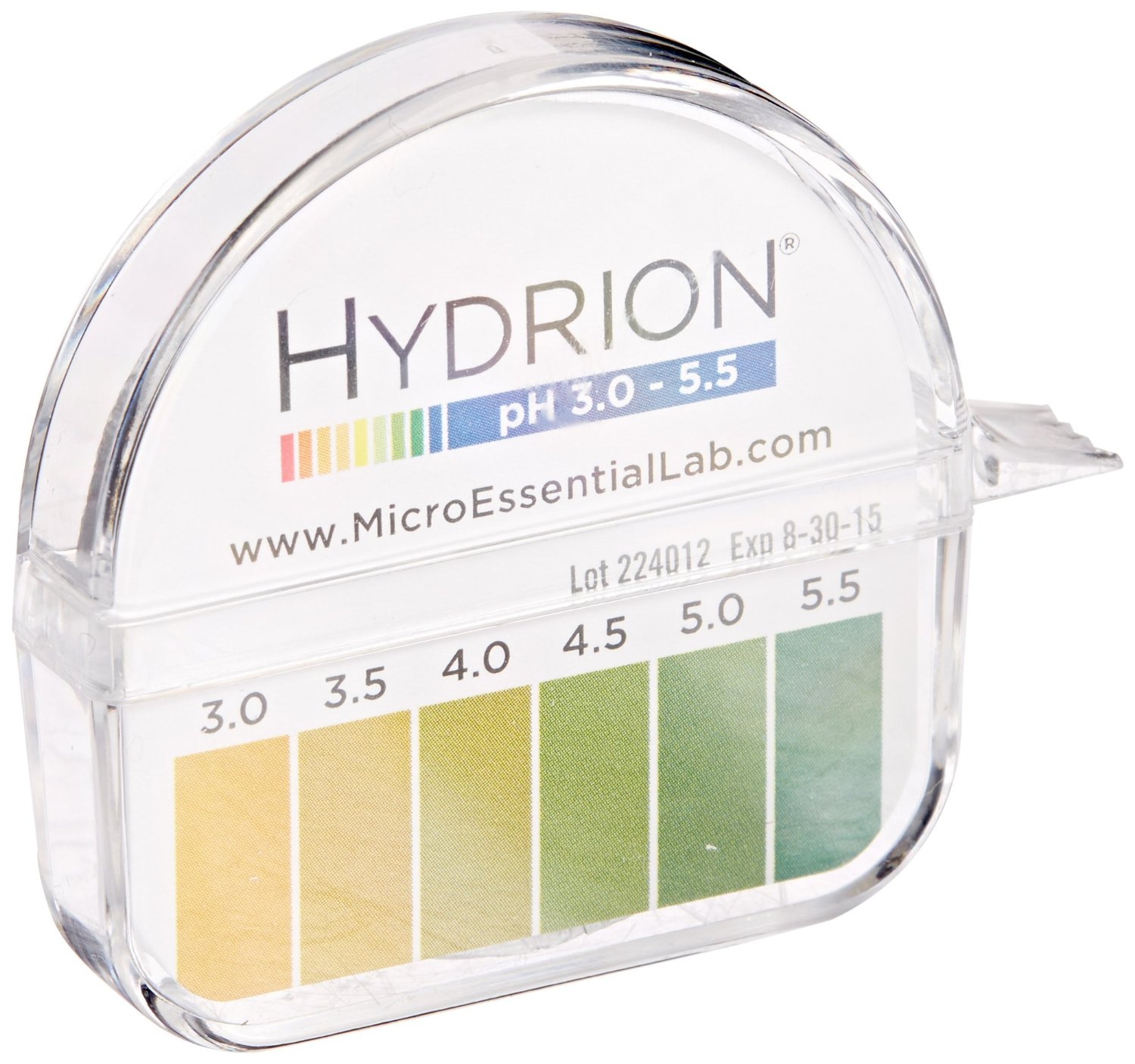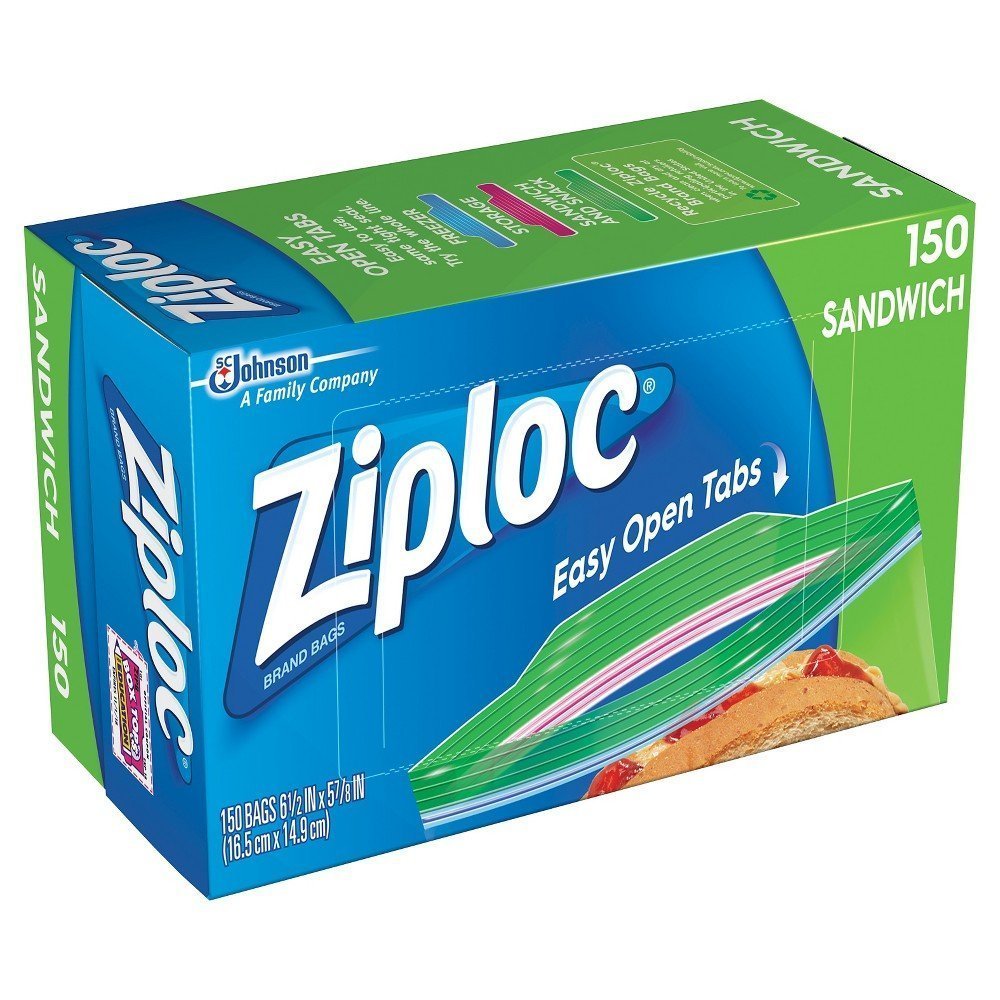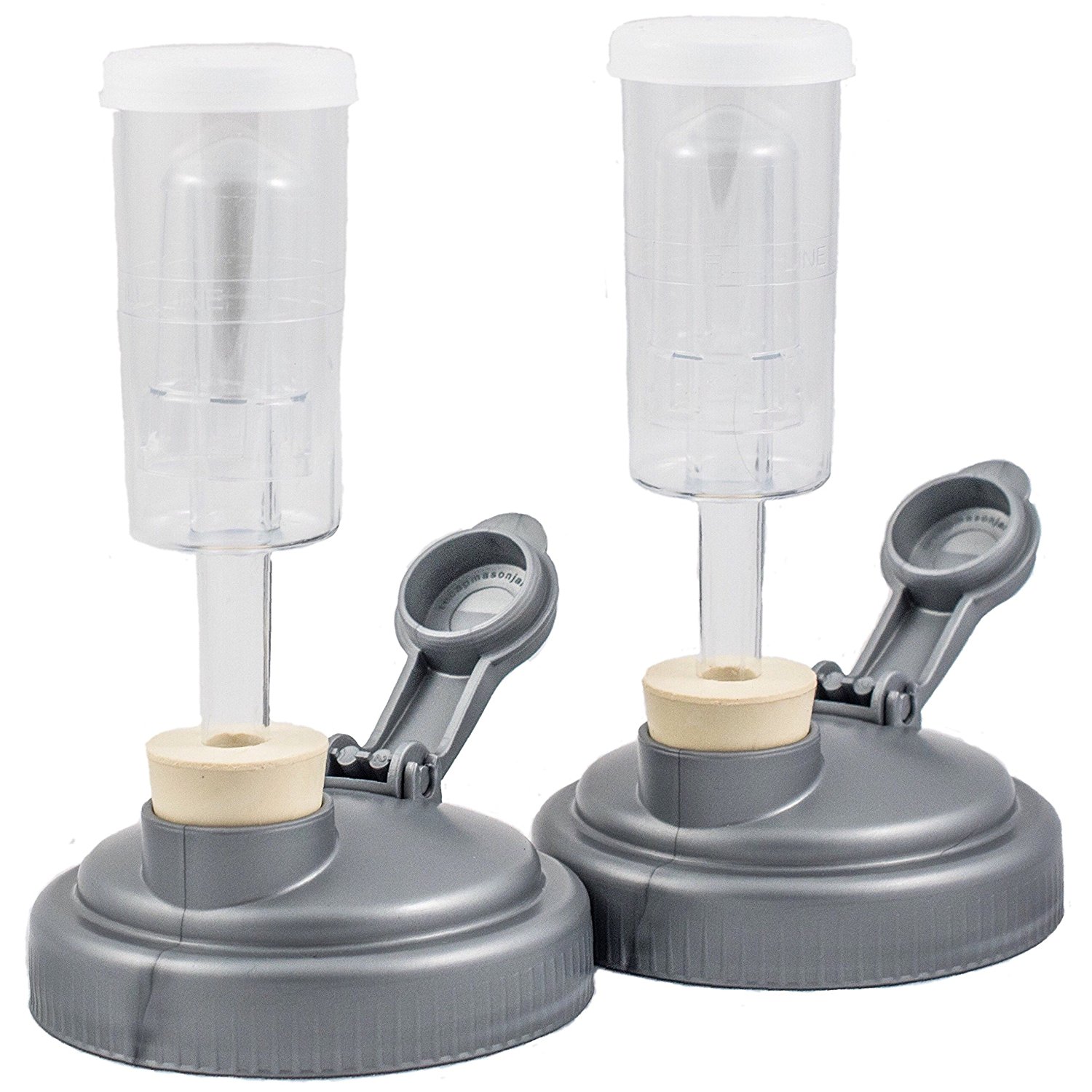Mastering Vegetable Fermentation at Home
This is the most up-to-date version of vegetable-fermentation related information I cover in my book. The goal is to help you begin your fermenting practice at home and become a master at it. It is an ever-growing library which I update frequently. My focus is how to make fermented vegetables safely (right now there is still not a lot of published data to inform food safety in home preserving foods but, the good news is, there is more and more science looking into this field right now). Besides, I have also included education to help you learn more about food, food movements and your body.
Happy Fermenting!
Want to stay on top of what is going on, in order to make safe and yummy fermented foods? Let me know where I should send my updates to.
Foods
You'll learn connect ancient wisdom and modern science to achieve our optimal health. It also touches on a lot of trendy topics (e.g. alkaline diets, veganism, and eating according to your blood type) gives a fair point of view on how we should look at them.
[Book] Food Rules by Michael Pollan
This is a book that inspires us to look back to what our ancestors ate, respect our eating traditions, and use the traditional food rules as a reference for healthy eating. Just as Michael Pollan points out, it is totally okay to still eat healthy without knowing what antioxidants are.
[Documentary] Food Inc. directed by Robert Kenner
This is an eye-opening film that reveals what goes behind the foods you are eating; it delivers the messages you should be mindful of what you eat and offers helpful guides on how to be proactive about taking control of your own health.
[Organization] Environmental Working Group
This site gives you a lot of valuable education on how you should shop, what to look for, and what to watch out for as you buy foods.
This is an organization dedicated to food research and education. Sally Fallon, co-author of Nourishing Traditions, is the president of this organization.
Human and Microbes
A great book with an overview of what is going on in the modern microbial studies. You will have a big picture and clearly see why fermented foods have become such a hot topic these days. It covers what microbes are, why they are important, how they are co-existing with us, what we need to do to better co-exist with them, what to eat in daily life, and where the study of microbiome is heading.
[Video] “The Invisible Universe of the Human Microbiome”
This is a five-minutes-and-28-seconds animated video that talks about what microbes are, what they do, and why they are important to you.
[Video] “How Our Microbes Make Us Who We Are” by Rob Knight
With a lot of compelling visual demonstrations, this microbial ecologist gives you a 17-minute-and-24-second talk to help you understand the microbes inside you.
Food Science on Fermentation
This is a very useful website listed under "Agriculture Research Service" that documents all the research papers published by food scientist and microbiologist Fred Breidt and his team. Topics are related to vegetable fermentation. If you are concerned about making and eating fermented vegetables, this is a great website to subscribe to and visit regularly.
This is another interesting site that explores the science behind why fermentation happens in foods, the biology of important microbial groups in different fermented foods, and related trendy topics.
Making Fermented Foods
[Book] The Art of Fermentation by Sandor Katz
This is a cookbook but more than just a cookbook; it is also a very comprehensive introduction to how fermentation connects elements like people, foods, plants, animals, society, art, culture, farming and more. If you want to understand the history of fermentation and how its role has been played in the human history and the current society, then reading this book allows you to start your journey with a 3,000-foot view on these topics.
[Book] Wild Fermentation by Sandor Katz
This is a book that tells you not to be intimidated by fermentation but to try out easy and simple techniques shared in this book. Katz also briefly talks about how fermentation has taught him to learn about life and death. Thanks to this book and The Art of Fermentation, I have developed a deeper understanding of fermentation: this ancient practice not only nourishes the body physically, but also helps one reflects on life.
[Book] Fermented Vegetables by Kirsten Shockey and Christopher Shockey
This is one of my favorite books on fermentation because of the included clear instructions. This book also teaches me to go beyond science – that is, the nutritional value of fermented vegetables – and to connect with my intuition by creating my own recipes that will allow me to fully appreciate the flavors and colors of the vegetables.
[Book] Cultured Foods for Life by Donna Schwenk
By specifically talking about the “trilogy” – kefir, cultured vegetables, and kombucha –the author shares with you how these fermented foods have changed her life and can change yours, too. I first heard of kefir from this book; and now I am making my own kefir, drinking it frequently, and enjoying better digestion and better skin.
[Book] Cultured Foods for Health by Donna Schwenk
Following the messages from her last book, Schwenk wrote this book with two new key messages: 1) consuming assorted fermented foods can heal the body in many ways; and 2) it is crucial to eat fermented foods with prebiotics (the food that feeds the microbes inside you) such as dietary fiber-rich foods.
[Book] Real Food Fermentation by Alex Lewin
Lewin makes fermentation fun and easy with clear instructions and a lot of visual presentations to teach you how to make different kinds of fermented foods step by step.
[Organization] Boston Ferments
Hosting a series of workshops, meetups, and an annual festival, this is a Boston-based non-profit organization dedicated to helping people understand fermentation and participate in related activities.
[Event] Boston Fermentation Festival
This is an annual festival hosted by Boston Ferments. If you living in or around Greater Boston Area, I highly recommend you check out this festival, where you participate in lectures by experts and attend hands-on workshop. The goal is to allow you to connect with like-minded people, have fun with making and eating assorted fermented foods, and get educated on related topics. If you cannot conveniently get access to this festival, try searching around online to see if you can join any local community with similar activates.
This is an online store where you learn how to make different fermented foods and how to advance your fermentation practice. I first visited this site to buy kefir grains and starter cultures for making kombucha and sourdough. Later, I became a frequent visitor as I love reading the helpful articles; I have also received a lot of non-product-related professional support from the customer service representatives when I need trouble-shooting advice.
[Audio] Hay House Radio Tuesday Talks by Donna Schwenk
Schwenk talks about the healing benefits of the fermented foods in this radio station every Tuesday afternoon from 1 to 2 EST. At the end of the talk, you can even dial in to ask her questions, which is a great way to get your questions answered by experts.
Tools
**I only recommend products that I use and trust. Some of the above are affiliated products. A small commission will be earned if you make a purchase through an affiliate link to help maintain the website and support my other projects I am creating for you.**






















